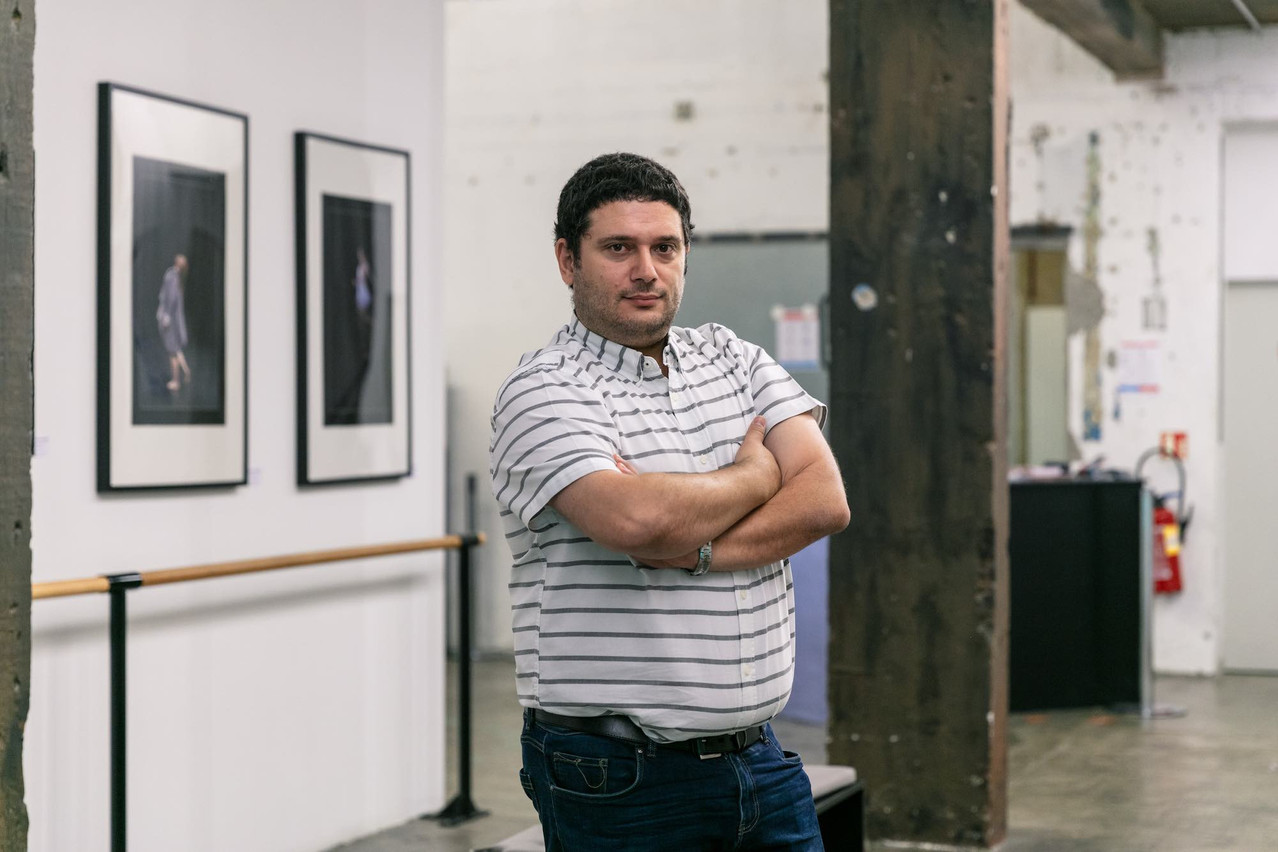The performing arts often get short shrift from governments when budgets are tight. But the Luxembourg Theater Federatioun points out that the 1948 Universal Declaration of Human Rights states that art and culture is good for the wellbeing of all.
The federation in July published a document outlining its demands for the next legislature. It includes a call for the government to improve education about the performing arts for adults as well as children. “Too many people are wary of going to the theatre or to a classical music concert,” says Pablo Chimienti, secretary of the federation. “We need to break down this feeling that they are not welcome, that they don’t have the codes to understand a show. Live performance should be open to all.”
Integrating lessons about the performing arts and visits to the theatre into school curricula would be a start. But it is also crucial to educate teachers so that students don’t simply view going to the theatre as a nice excursion, but that they get real value from the experience. “And the earlier you start this education, the better,” says Chimienti. “I recall that Laura Grasser of the Rotondes once told me that we shouldn’t view youngsters as the audience of the future, they are already an audience.”
A public ticket office in the centre of the capital serving all venues would also make it easier for many to access culture, says Chimienti.
College of Arts
Chimienti recognises the value of higher education students of the performing arts going abroad and bringing back to Luxembourg different experiences in the fundamental approach to performance in France or Germany or the UK, for example. “That brings an enrichment that we want to preserve.” But he says that a College of Arts associated with the University of Luxembourg, another of the federation’s demands, would accommodate those who don’t want to, or even can’t, go abroad to study. “A College of Arts could also provide much easier continuous training for artists already in the country and for technical and administrative professionals in the sector, which is not that common now,” Chimienti explains.
We don’t want to artists to be forced to live across the border with the travel inconvenience and fiscal challenges that poses
Another major problem the arts face is the rise in the cost of living and the automatic indexation of wages. The federation would like the money allocated to institutions and festivals via public conventions to be increased immediately and automatically whenever a salary indexation occurs.
Affordable housing
Artists, especially independents, also face difficulty finding affordable housing. “We don’t want to artists to be forced to live across the border with the travel inconvenience and fiscal challenges that poses.” So the federation is seeking dedicated permanent and temporary housing as well as more long-term artist residencies to ease the problem.
Ecological responsibility is another issue the federation wants to address. A central location to stock sets and costumes that are currently often jettisoned, would contribute to the circular economy, Chimienti argues. “Luxembourg does not have the market size to make it commercially viable, but we would like to work with the ministries to create such a space.”
A version of this article originally appeared in Delano’s magazine

